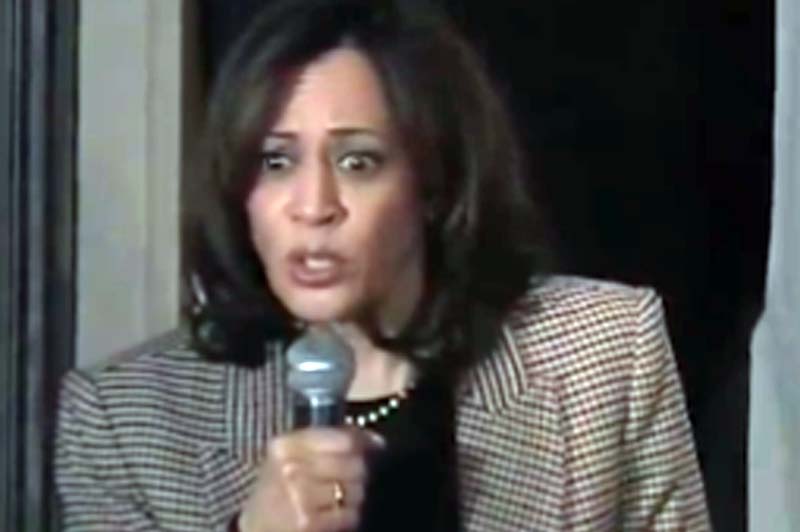
Vice President Kamala Harris made headlines during her presidential campaign, but not always for the right reasons. One of her most eyebrow-raising proposals involved the idea of outright seizing patents from pharmaceutical companies that didn’t conform to her price control plans. Yes, you read that right—Harris essentially suggested that the government should just march in and confiscate patents from private businesses.
In a campaign stop in Iowa, Harris laid out her plan to lower drug prices by setting them based on what she deemed a “fair market” value. She boldly claimed that American consumers should pay no more for drugs than people in other countries. But here’s where it gets alarming: Harris didn’t think she needed Congress or any actual legislation to make this happen. Instead, she said she would personally take it upon herself, wielding the massive power of the federal government, to enforce her will.
And if companies didn’t comply? Harris had a chilling solution—she would simply “snatch” their patents, particularly if the drugs were developed with any federal funding for research and development. In other words, if you don’t play by her rules, the government would take over your intellectual property.
This isn’t just an aggressive stance; it’s a direct threat to the foundations of a free-market economy. Intellectual property rights are a cornerstone of innovation and entrepreneurship in America. The idea that a president could unilaterally decide to strip away those rights because a company doesn’t conform to their pricing demands is not only dangerous but unprecedented.
Harris’s proposal raises serious questions about government overreach and the potential for abuse of power. It’s one thing to advocate for lower drug prices, but it’s another to suggest trampling over private property rights to achieve it. If this is how Harris approaches economic policy, it’s fair to wonder what other rights she might be willing to sideline in pursuit of her agenda.

 🤡 (@ClownWorld_)
🤡 (@ClownWorld_)